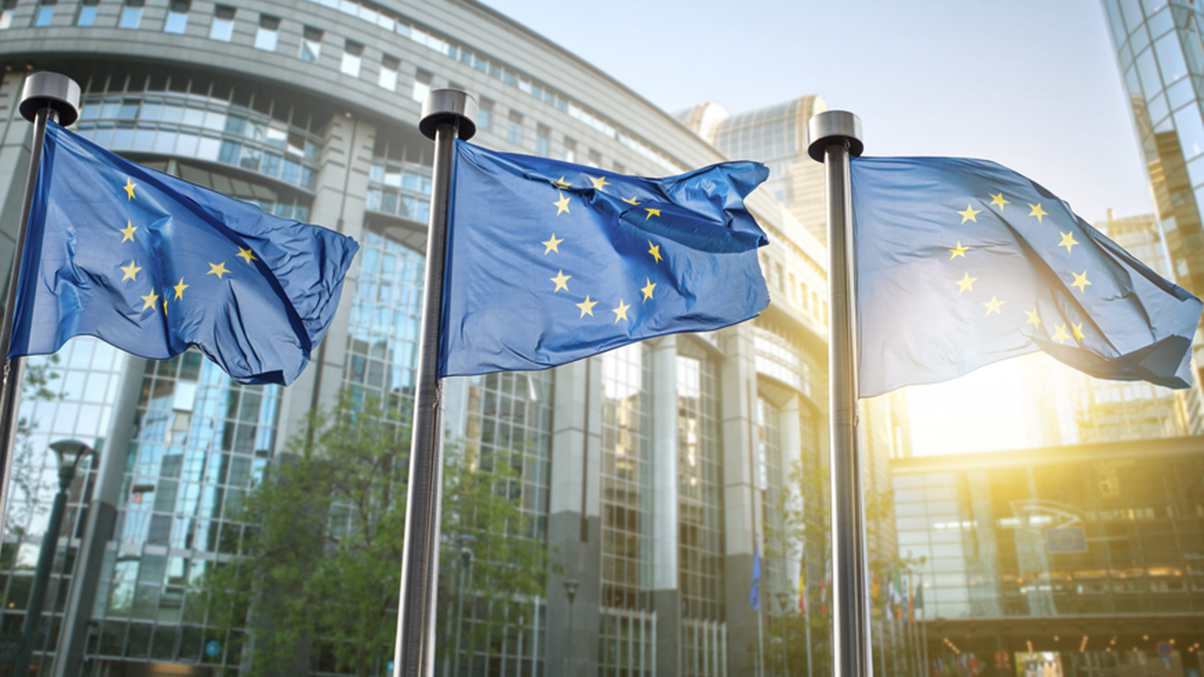Chris Deacon, a partner in our International Injury team, chaired APIL’s recent webinar on the impact of Covid-19 on international injury claims and travel litigation.
Chris was joined on the webinar by specialist travel law barristers, Sarah Prager and Dominique Smith of 1 Chancery Lane, and secretary to the APIL International Special Interest Group, Jatinder Paul.
Prager and Smith provided an in-depth look at the issues surrounding Covid-19 and travel litigation. After dealing with the practicalities of remote hearings in the English courts, they went on to consider some of the novel litigation already arising from the pandemic.
This includes court action by the South Korean island of Jeju, which is suing two tourists for traveling to the island when one of them had been advised to observe quarantine. There are also class actions underway in Canada, Miami, California and Australia against airlines and cruise operators due to alleged failings in the management of their operations and obligations to consumers during the crisis.
Introducing the webinar, Chris reflected on some of the key challenges and risks for clients who have been seriously injured overseas in these unprecedented times, saying: ‘We don’t have to look further than the constant live stream of world news to understand the gravity of the current situation. It is having a widespread and, in far too many instances, tragic impact on our lives.
‘One of the biggest areas to be hit is, of course, the travel industry. In a move never seen before, the UK Foreign and Commonwealth Office has advised against all but the most essential travel overseas on an indefinite basis. The Association of British Insurers estimates that travel insurers alone will pay out £275m in claims due to the coronavirus outbreak, eclipsing one of the last big events to impact the travel industry – the 2010 Icelandic ashcloud, where payments of just over £60m were made by travel insurers due to the disruption.’
He continued: ‘All of this has a knock-on impact on travel claims and litigation, both in terms of ongoing cases and the future landscape when the dust settles. Indeed, even before the dust settles and we start to return to the “new normal”, a number of class actions are already afoot across the globe arising directly from the Covid-19 pandemic.’
For individuals who are considering or already pursuing a claim for serious injury following an accident overseas, there are significant challenges and risks to manage due to the Covid-19 pandemic. Chris highlighted five key considerations:
1. Time limits for bringing a claim
One of the first things to establish when pursuing a claim for personal injury damages is whether you are on time. Specific limitation periods apply, depending on the nature of the claim. Following an accident overseas, very often the law of the country where the accident occurred will apply to determine the limitation period. Some countries have taken the unprecedented step of suspending the limitation period during the state of emergency imposed by Covid-19. It is important to obtain clear advice on the limitation period from the outset and any impact Covid-19 related restrictions may have on this.
2. Service of proceedings
Many claims arising from an accident overseas require the claimant (via their legal representative) to serve proceedings on a defendant in another country.
Service of proceedings in the courts of England and Wales on an overseas defendant is usually carried out via the Foreign Process Section of the Royal Courts of Justice. The Foreign Process Section is currently closed. This means claimants need to find alternative ways to ensure proceedings are served in time and correctly. One of the simplest ways is to have the defendant nominate a solicitor to accept service in England / Wales. For claims against an EU-based motor insurer, it is possible to serve the UK handling agent directly.
3. Court proceedings
In England and Wales, the Civil Procedure Rules have been supplemented by Practice Directions made under the Coronavirus Act 2020. Practice Directions 51Y and 51ZA, in particular, make provision in relation to remote hearings, and enable the parties to agree on extensions to court deadlines by up to 56 days without reverting to the court. These provisions will enable cases before the courts of England and Wales to continue to make progress during the pandemic.
For cases proceeding overseas, in many countries the courts have closed without any form of remote video conferencing to keep matters progressing. As a result, claims are effectively on hold, and there will be knock-on delays due to the backlog when the courts reopen.
Parties’ legal representatives should explore ways of collaborating during these unprecedented times, so that clients are not unduly impacted by the pandemic. Stewarts has continued to support its clients through remote settlement meetings and mediations. Its commercial litigation team embraced technology in the first virtual trial before the English courts in National Bank of Kazakhstan and the Republic of Kazakhstan v The Bank of New York Mellon, Anatolie Stati and others [2020] EWHC 916 (Comm).
A collaborative approach is reflected in the efforts of organisations such as APIL, which has accelerated its project with Her Majesty’s Courts and Tribunals Service to enable online issue of court proceedings.
4. Evidence gathering overseas
With key witnesses, documentary evidence and disclosure based overseas, parties to international injury and travel claims will be facing unique challenges depending on the extent of the lockdown and restrictions in the country in question. This is another area where technology should be embraced to keep cases on track, with witness interviews facilitated via video conferencing software such as Skype and Zoom.
One of the difficulties for defendants will be getting someone to answer the phone/email and respond to their requests. There has been mixed success among insurers overseas in the move to remote working, with reports of some claims departments having closed completely in response to measures taken by local governments. Defendants are often reliant on local suppliers, such as hoteliers and excursion providers, for information to inform their assessment of a claim, and many of those operating in the tourism industry have shut down for the foreseeable future.
A challenge closer to home is dealing with tour operators and airlines that have furloughed their staff, including their litigation teams. In deciding how to respond to challenges and delays, those acting for seriously injured claimants need to balance a sympathetic approach in view of the current circumstances, with putting their client’s interests first and foremost.
5. Financial failures
Not a day seems to pass without talk of insolvencies in the travel industry due to the demands placed on cash flow by cancelled travel plans. Under the Package Travel Regulations, consumers who have booked a package holiday are entitled to a refund within 14 days of cancellation due to the Covid-19 pandemic.
In some EU countries, governments have relaxed the refund requirements to try and keep companies afloat. Following the collapse of Thomas Cook in late 2019, the ramifications of tour operator insolvency are of heightened concern to serious injury claimants. Although that now seems like a lifetime ago, it is hard to forget how one of the UK’s major tour operators was largely self-insured when it went bust, creating huge uncertainty for those with claims for damages running to several million pounds.
Pursuing a claim for damages following an accident abroad requires specialist advice and representation. The risks and challenges in navigating claims for serious injury through the pandemic, some of which are highlighted above, demonstrate how, now more than ever, it is essential to seek specialist advice.
This article first appeared in the June edition of PI Focus and can be viewed behind paywall here.
Covid-19 is impacting individuals and companies around the world in an unprecedented way. We have collected insights here to help you navigate the key legal issues you may be facing at this time.
You can find further information regarding our expertise, experience and team on our International Injury pages.
If you require assistance from our team, please contact us or alternatively request a call back from one of our lawyers by submitting this form.
Subscribe – In order to receive our news straight to your inbox, subscribe here. Our newsletters are sent no more than once a month.






